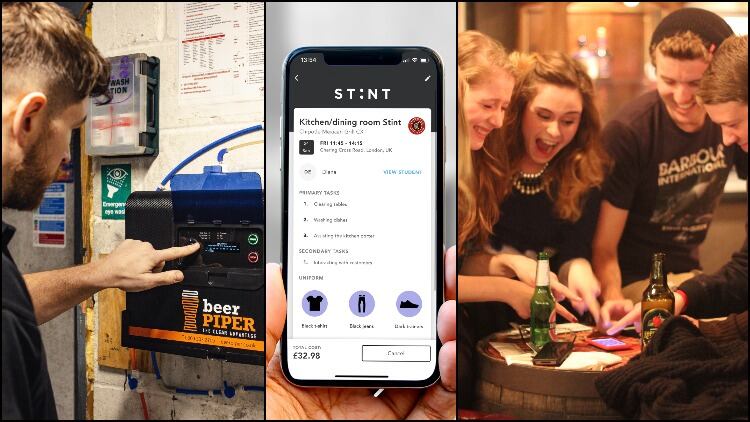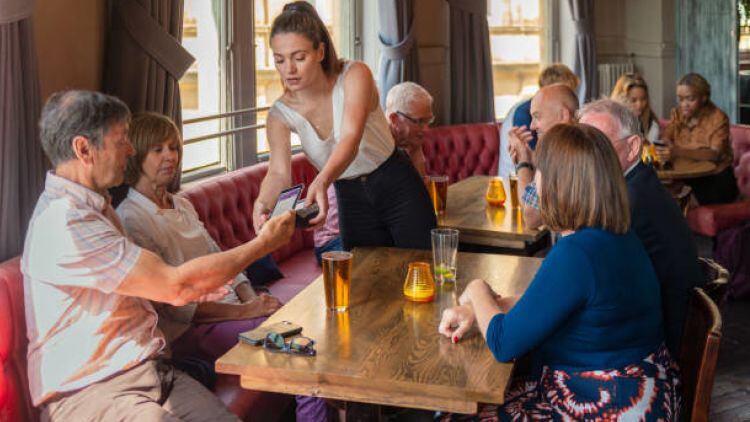The measures for consideration from UKH are consistent regulations across the UK; trust businesses to look after their staff and customers; planning for international travel; the ability to ramp up health infrastructure and clear communication.
UKH CEO Kate Nicholls said: “Businesses in our sector are low on cash, deep in debt and facing rising costs across the board, including a hike to 20% VAT in April.
Stable and predictable environment
“In order to emerge from the pandemic in a position to fully play its role in the wider economic recovery of the country, the sector needs a more stable and predictable operating environment as well as further support.”
The trade bodies call comes nearly two years on from the Prime Minister’s request for people to “avoid pubs, clubs, theatres and other such social venues”.
UKH five support measures
1. Consistent regulations across the UK
Rules and regulations that differ across, not just regions of the UK but neighbouring towns and cities, are confusing and impact negatively on consumer confidence. UKHospitality is therefore calling for any future restrictions on business to be as consistent as possible across the country.
2. Trust businesses to look after their staff and customers
Hospitality has invested heavily in health and safety measures and have proved they are safe spaces in which to socialise. As we learn to live with Covid, the most effective way to proceed is for Covid management to be folded into the existing risk assessments of individual businesses. Operators are best placed to understand their venues and customers.
3. Planning for international travel
With a year of celebration ahead of us, including the Commonwealth Games and the Queen’s Platinum Jubilee, we must avoid at all costs a return to decisions that prevent international tourism to the UK and damage consumer confidence in domestic travel and large events.
4. The ability to ramp up health infrastructure
Rather than restrictions, living with Covid requires depending on those measures proven to be most effective in combating the virus, such as vaccines and testing resources, to be swiftly implemented as necessary.
5. Clear communication
The pandemic has shown how public messaging directly impacts consumer confidence. Future Government communication should be mindful of the vital role this sector plays in our communities and in the UK’s economic recovery.
Hospitality and tourism businesses have remained on a knife edge, having already seen a drop-off in trade from mid-February as confidence dipped in the UK and across the globe.
Over the course of the pandemic, the sector has seen £115bn in lost sales compared to what was expected for 2020 and 2021, according to the UKH and CGA Quarterly Tracker released February 2022.
UKH has therefore called on the Government to commit to these five key measures, in order to help the sector, rebuild and play its full role in the UK’s social and economic recovery, as we move from a pandemic to endemic state.
Clear communication
Nicholls added: “We are therefore calling on the Government to ensure that restrictions are consistent nationwide, operators are trusted to keep their staff and customers safe, international borders remain open, flexibility is built into our health infrastructure and communication is clear.
“In the meantime, the industry needs ongoing support, including maintaining the current 12.5% rate of VAT permanently.”





